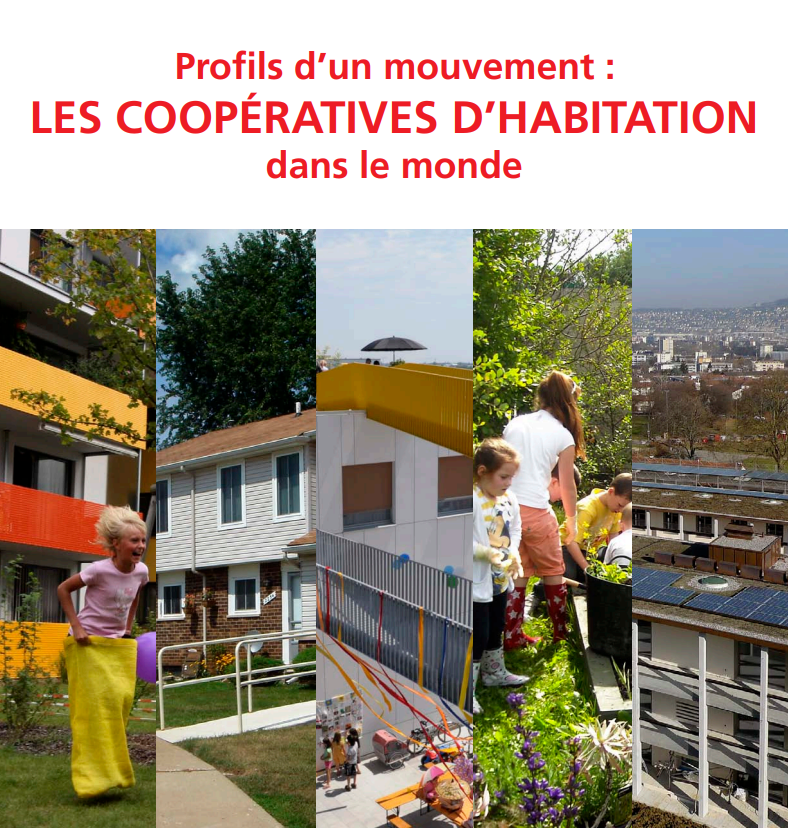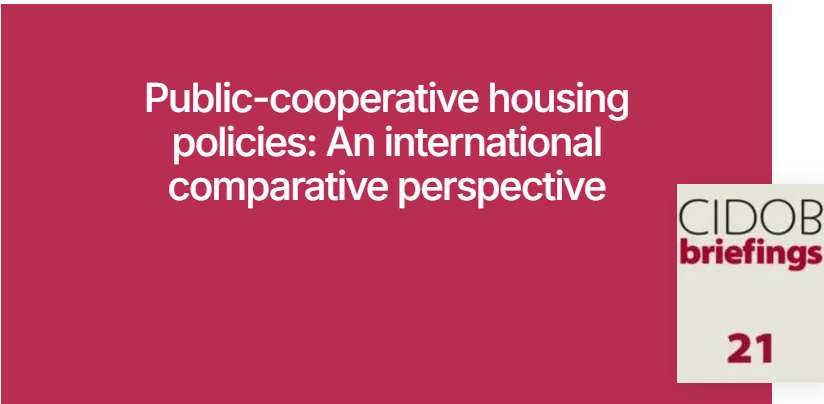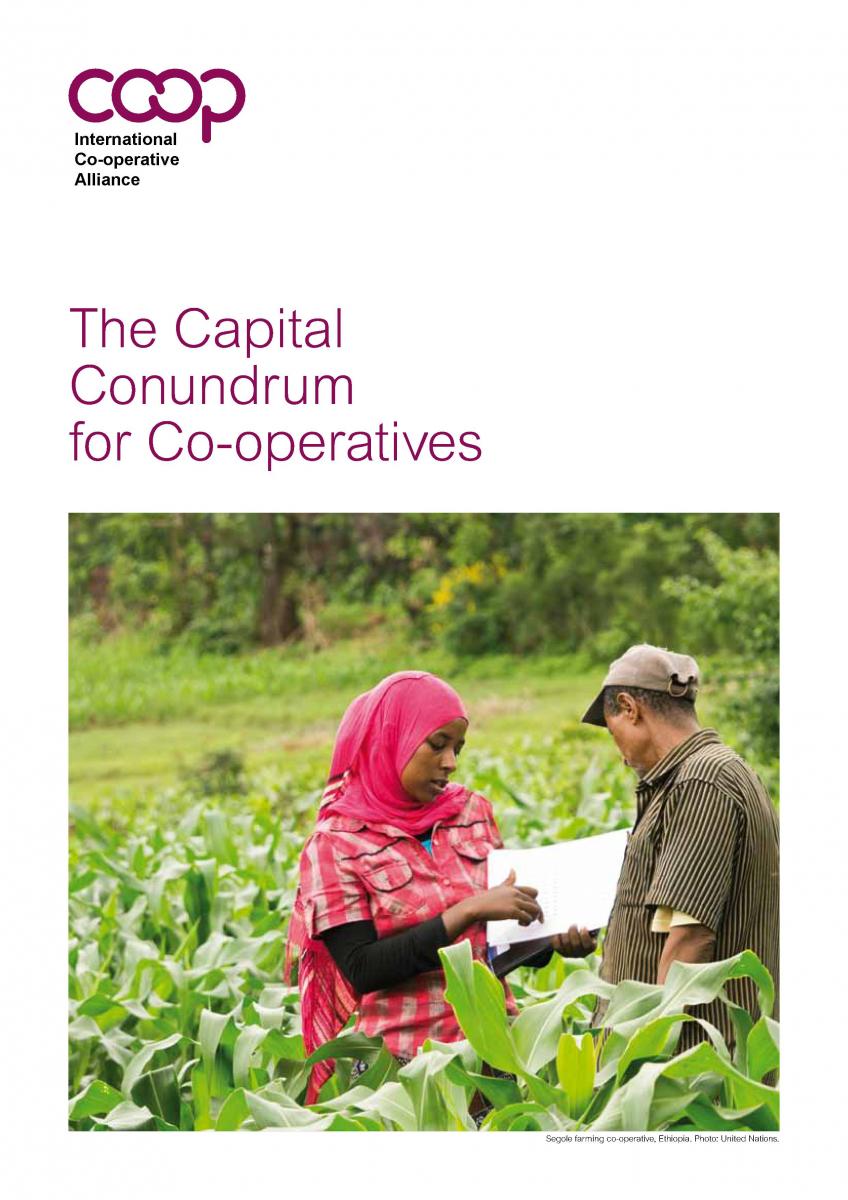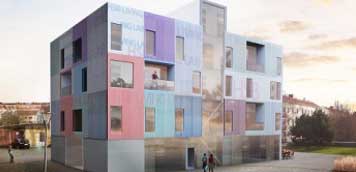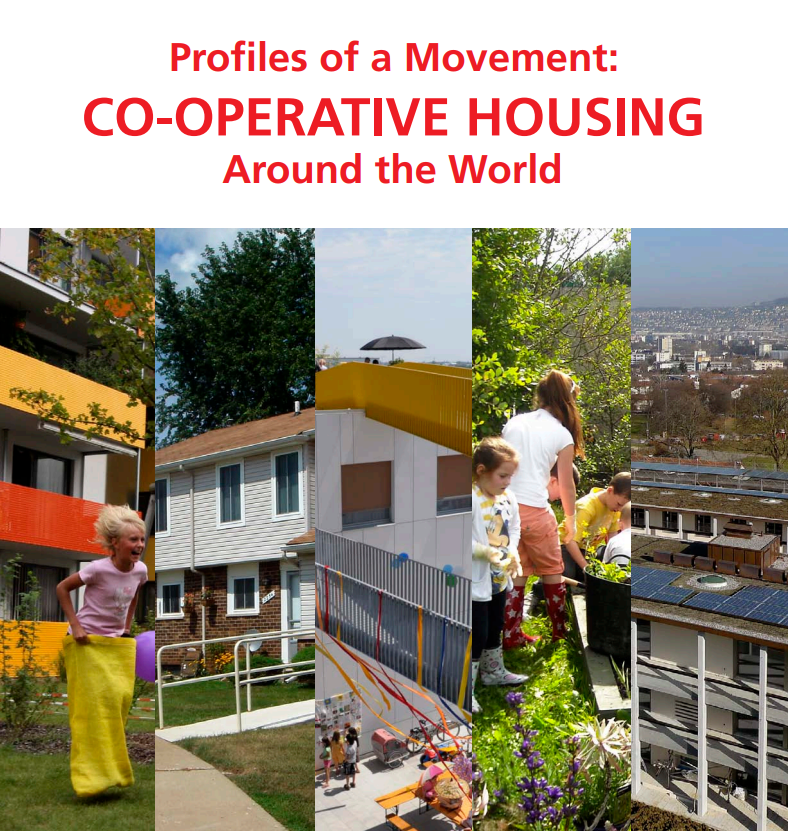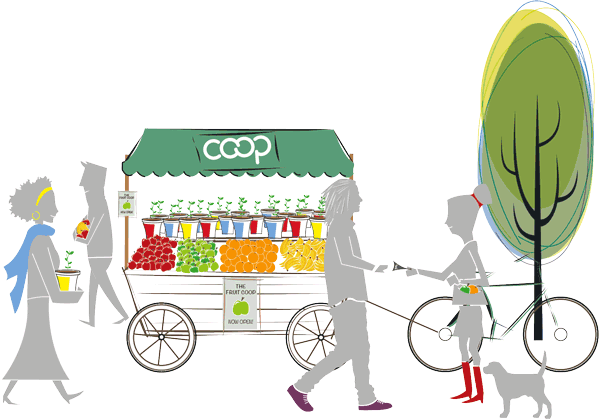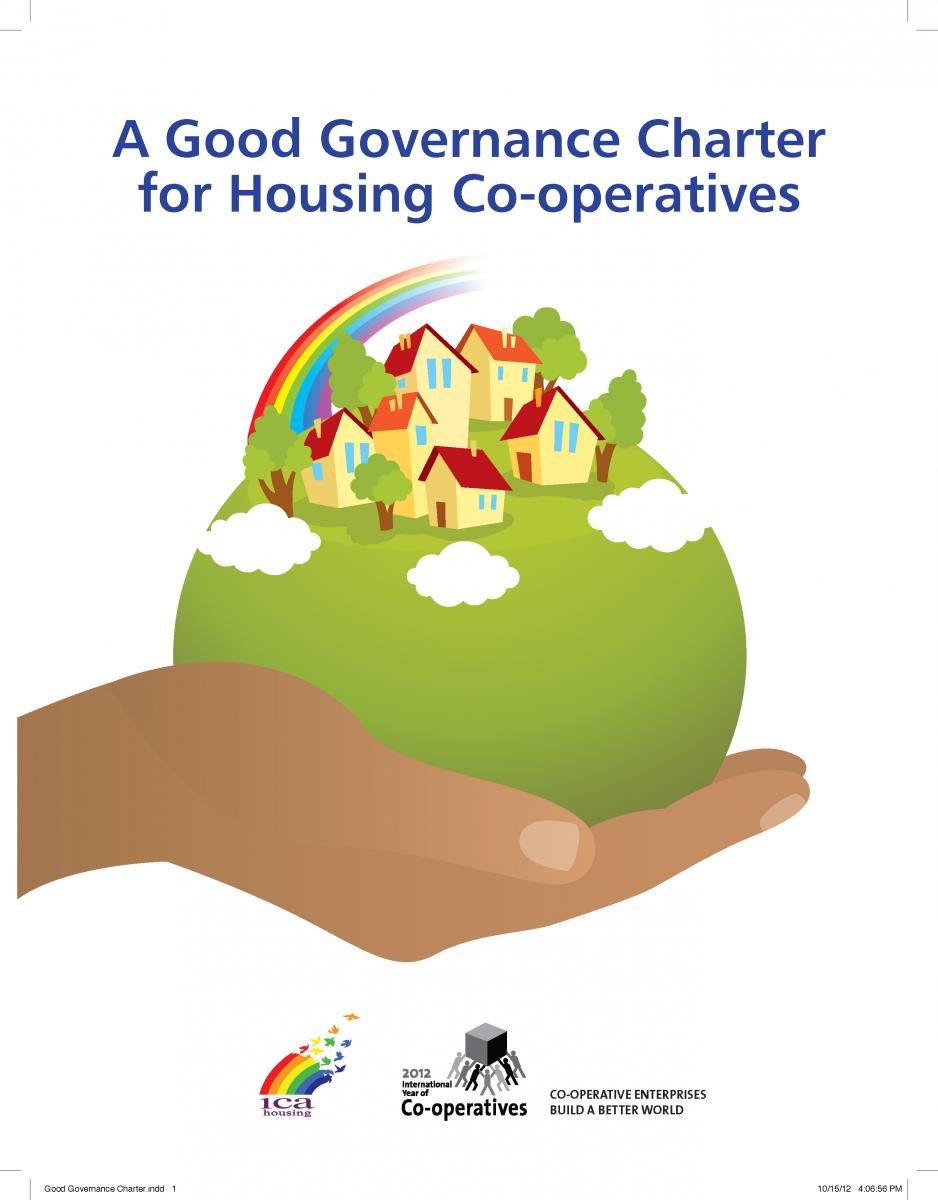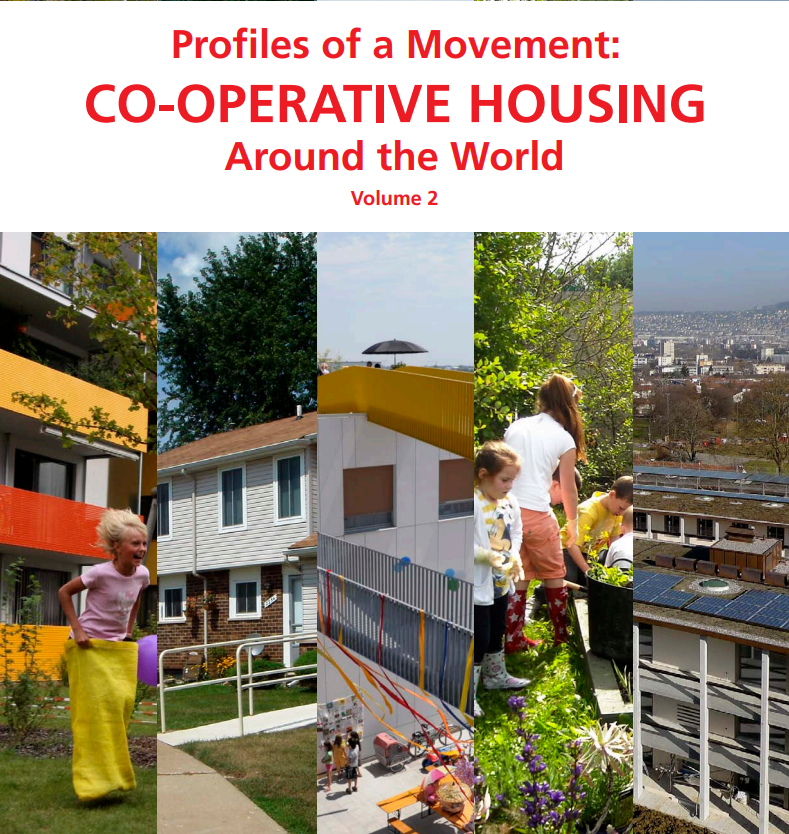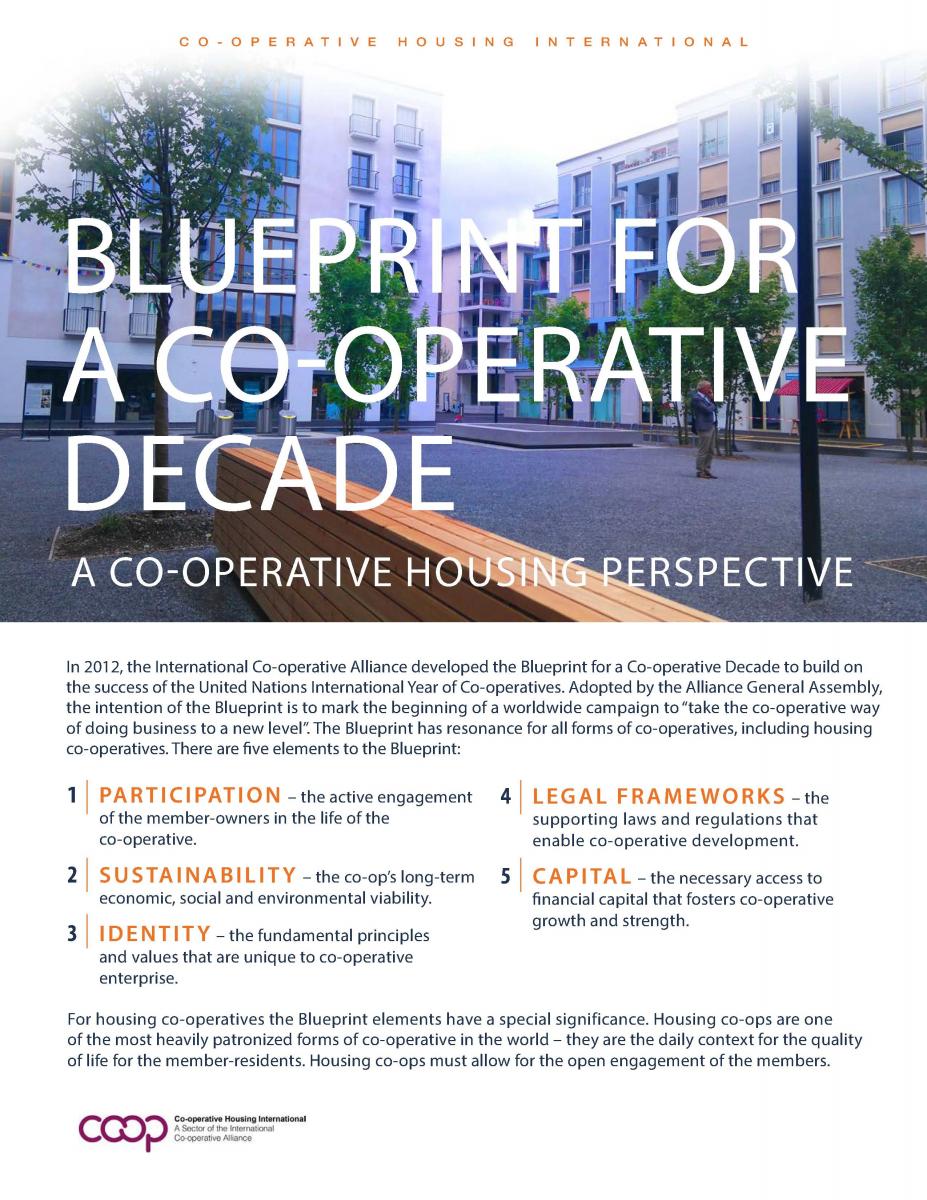About Slovenia
Cooperative Housing in Slovenia: History and Current State
Cooperative housing in Slovenia has deep historical roots, shaped by both the broader cooperative movement in Europe and the specific political and economic developments of the country. While Slovenia’s current cooperative housing sector is modest, it has the potential for significant growth, particularly in response to contemporary housing challenges.
Origins of the Cooperative Movement
The cooperative movement in Slovenia emerged in the late 19th and early 20th centuries, inspired by cooperative developments in Central and Western Europe. Initially, cooperatives formed around agricultural, credit, and consumer needs, helping small farmers and workers pool resources and gain economic independence. The movement gained momentum during the interwar period and expanded under Yugoslavia’s socialist system after World War II, where cooperatives played a prominent role in the country’s planned economy.
History of Cooperative Housing
Cooperative housing began to develop more systematically during the socialist era of Yugoslavia, of which Slovenia was a part. At the time, housing was heavily subsidized by the state, and cooperative housing was used as a means of organizing residential construction. Workers would contribute to housing funds, and in exchange, they were granted long-term rights to live in newly constructed apartments, often developed by their employers or housing cooperatives. However, these were not cooperatives in the Western sense of member ownership and control. Rather, they operated more like state-supported rental or quasi-ownership schemes.
Following Slovenia’s independence in 1991 and the transition to a market economy, the state withdrew from large-scale housing provision. Most publicly owned housing stock, including cooperative dwellings, was privatized through a “right to buy” scheme in the 1990s, resulting in high levels of homeownership—over 90% today. This transition left little space for the development of new cooperative housing. The sector became fragmented and lacked both a legal framework and financial support for new cooperatives.
Current State of Cooperative Housing
Today, Slovenia does not have a significant cooperative housing sector in the formal sense. Most cooperative housing organizations that existed in the past have either dissolved or converted into management companies for privatized housing. Nonetheless, interest in cooperative housing has re-emerged in response to rising housing costs, urban displacement, and a lack of affordable rental options—especially in Ljubljana, the capital.
Emerging initiatives—often citizen-led and supported by civil society groups—are exploring new cooperative housing models inspired by successful examples in Austria, Germany, and Switzerland. However, these efforts face numerous barriers, including the absence of a legal framework tailored to housing cooperatives, limited access to land, and a lack of long-term, low-interest financing mechanisms.
Legal Framework
Currently, Slovenian law does not explicitly recognize housing cooperatives as a distinct legal entity. Most cooperative housing initiatives must register as non-profit housing organizations or civil associations, which limits their operational flexibility. There is also no legal provision for long-term use-rights or collective ownership models commonly found in cooperative housing elsewhere. Consequently, pilot projects must navigate complex regulatory environments, often adapting legal structures intended for other purposes.
To address these issues, advocates have called for legislative reform to recognize and support cooperative housing as a viable form of tenure. Proposals include creating legal definitions for different cooperative models, establishing public land leasing options, and creating tax incentives or subsidies to support cooperative development.
Characteristics of Cooperative Housing
Where cooperative housing is being explored or piloted in Slovenia, the intended characteristics typically include:
- Collective ownership or governance, where residents jointly manage the housing and decisions are made democratically.
- Limited equity models, which prevent speculative resale and ensure long-term affordability.
- Sustainability and community orientation, with designs that emphasize shared spaces, environmental efficiency, and mutual support.
- Non-profit orientation, reinvesting any surplus into housing quality or community initiatives.
These principles align with broader goals of affordability, security of tenure, and social inclusion—needs that are not currently being met by the private market or public housing systems.
Financing
Financing remains a major hurdle for cooperative housing in Slovenia. Banks are hesitant to lend to new, unproven cooperative entities without individual collateral or a track record. Additionally, there is no public financing mechanism dedicated to cooperative housing, unlike in countries such as Austria or Germany where cooperatives benefit from low-interest loans and land access programs.
Some emerging cooperatives are exploring mixed financing models involving member equity contributions, ethical banks, crowdfunding, and potential partnerships with municipalities. However, without a supportive regulatory and financial environment, scaling up remains difficult.
The Cooperative Housing Movement
The cooperative housing movement in Slovenia is currently small but gaining visibility. Organizations such as the Zadrugator Cooperative in Ljubljana have been at the forefront of pushing for a new generation of urban cooperatives. These groups are actively engaging with policymakers, hosting public forums, and building transnational partnerships to learn from established cooperative housing systems.
MOBA Housing SCE is also playing an active support role in Slovenia’s cooperative housing scene:
-
In Ljubljana, MOBA’s local member Zadrugator Cooperative used the MOBA‑World Habitat grant to deeply engage in awareness-raising and legal advocacy, especially after a stalled legislative process halted pilot projects .
-
With MOBA’s support, Zadrugator has successfully:
-
Launched a public campaign, including installing a “Monument to the Housing Crisis” in Ljubljana.
-
Secured commitment from the city of Ljubljana to include cooperatives in a new public housing intervention law.
-
Advanced a pilot cooperative housing project, gaining municipal land access and preliminary design and financing plans.
There is growing awareness among urban planners, civil society organizations, and younger populations that traditional market and state solutions are failing to provide secure and affordable housing. In this context, the cooperative model is being re-evaluated not as a legacy of socialism, but as a forward-looking solution aligned with sustainability, affordability, and community control.
Resources Tagged "Slovenia"
The Cooperative Identity — the shared values and principles that unite cooperatives worldwide — is being revisited for the first time in decades. The International Cooperative Alliance (ICA) has released Discussion Draft 2 of ...Read More
Governance Global Study
The International Legal Research and Analysis Initiative (ILRAI) of the International Cooperative Alliance, coordinated by Cooperative Housing International, provides the first comparative legal analysis of cooperative housing fra ...Read More
Legal Global News Article
L'habitat coopératif offre des logements abordables à long terme, gérés par les résidents, avec des avantages sociaux, économiques et environnementaux avérés. Malgré son impact mondial, ce secteur reste méconnu.Read More
Financing and Development Global Report
Explore public policies supporting cooperative housing worldwide in this comprehensive report. Discover how governments and cooperatives collaborate to create sustainable and affordable housing solutions globally.Read More
Research Global Research Paper
The Commission's final report on Cooperative and Mutual Housing (Bringing Democracy Home) highlighted the need for consideration of the role that cooperative and mutual housing could play in the national housing strategy. The Fina ...Read More
Financing and Development Global Report
Par cette publication, nous souhaitons ouvrir le débat sur le logement en tant que droit fondamental et enjeu métropolitain, en mettant en lumière l’expérience de grandes métropoles et dans l’espoir d’inspirer des idées nouvelles pour aborder cet enjeu absolument fondamental de l’urbanisation moderne.Read More
Advocacy Global
In 2000, United Nations (UN) member states recognised the need to build global partnerships for development and the exchange of expertise as one of the Millennium Development Goals. Across the international development field, part ...Read More
Financing and Development Global
New report: The Capital Conundrum for Co-operatives "The Capital Conundrum for Co-operatives", a new report released by the Alliance’s Blue Ribbon Commission explores ideas and options available to co-operatives that need suitab ...Read More
Financing and Development Global
Financing the development of housing co-operatives is a challenge and more so in time of financial restrictions and uncertainty. CHI members discussed the issue during a seminar held in November 2009 in Geneva. Presentations w ...Read More
Financing and Development Global
The Forest Products Annual Market Review 2013 reports that the development of new refinement processes has led to the production of new and more affordable wood based products such as cross-laminated timber (CLT). The report sta ...Read More
Sustainability Global
Updated Guidance Notes on the Co-operative Principles, edited by David Rodgers, former President of Co-operative Housing InternationalRead More
Governance Global
The ILO views cooperatives as important in improving the living and working conditions of women and men globally as well as making essential infrastructure and services available even in areas neglected by the state and investor-driven enterprises. Cooperatives have a proven record of creating and sustaining employment – they provide over 100 million jobs today; they advance the ILO’s Global Employment Agenda and contribute to promoting decent work.Read More
Legal Global
Cooperative housing offers long-term, affordable homes governed by residents, with proven social, economic, and environmental benefits. Despite its global impact, the sector remains under-recognized.Read More
Financing and Development Europe Report
Student housing cooperatives have become very popular in the USA and many of these housing co-operatives are members of organizations such as NASCO. Unlike a resident who acquires shares at market rates to earn the right to occupy ...Read More
Community Global
The Good Governance Charter for Housing Co-operatives was launched at the ICA Housing Plenary in Manchester in November 2012.It has three parts:A 10-point set of good governance practicesAn interpretive statement for each good p ...Read More
Governance Global
This second volume of Housing Co-operative Profiles focuses on African countries, showcasing the ingenuity and commitment of cooperators working under difficult conditions. It offers insights into the legal, financial, and historical contexts of housing co-ops, aiming to inspire broader adoption of the model as a solution to the global housing crisis.Read More
Community Global Report
The Blueprint for a Co-operative Decade is a worldwide campaign to “take the co-operative way of doing business to a new level”. The five key elements of the Blueprint are participation, sustainability, identity, legal frameworks and capital. The Blueprint is particularly relevant to co-operative housing and the Blueprint interpretation for co-operative housing below explains how.Read More
Governance Global


